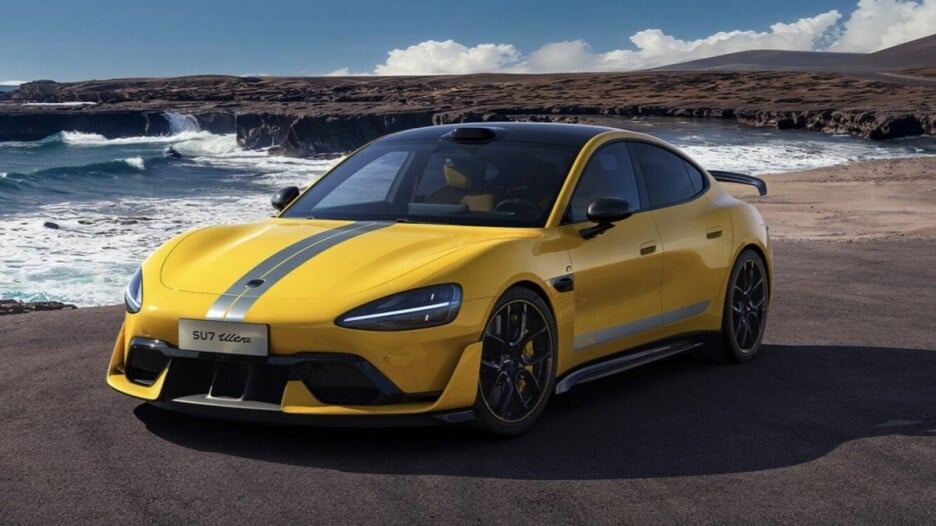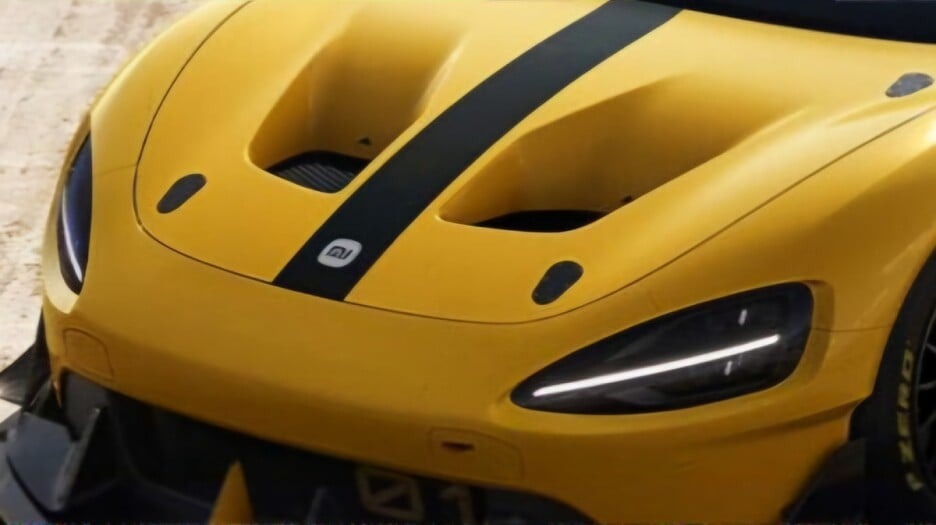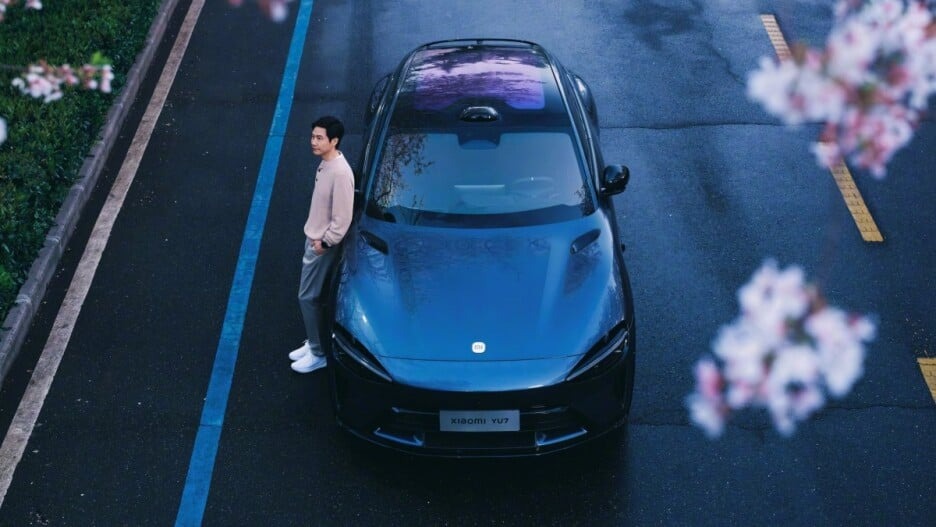Despite recording impressive sales results, Xiaomi’s electric car SU7 still doesn’t receive praise for its quality.
When it comes to China’s Q1 2025 car quality rankings for battery-powered sedans, the SU7 ranked last out of a total of 29 Chinese models. This ranking is produced by the state-owned China Car Quality Network, and indicates a higher risk of potential defects and a higher number of customer complaints compared to sales of Xiaomi’s electric car.
The China Auto Quality Network, a platform overseen by the China Market Supervision Administration, collects reports from car owners detailing vehicle breakdowns and problems. These reports are then converted into penalty points, with a higher score indicating lower quality.
The Xiaomi SU7 received a worrying 239 penalty points, which is 56 points above the average for its segment. In contrast, the GAC Hypter GT sedan takes first place with 149 points, followed by the Voyah Passion (152 points) and the Avatr 12 (153 points). Even well-known electric cars intended for the European market, among which the Nio ET7 and ET9, are ranked much better and are in the middle of the list with 183 points. Other models ranked better than Xiaomi’s SU7 are Zeekr 001 (185 points), Lotus Emeya (185 points), BYD Han (194 points) and Denza Z9 GT (214 points).

Allegedly, more than 400 SU7 Ultra owners are jointly suing Xiaomi, which presents a new problem. They pooled to cover legal fees. One of the problems is the optional carbon hood, which costs around 5,250 euros. This component is advertised with functional “dual air ducts” designed to improve aerodynamics and cooling, but buyers believe that this is a deception. The shots showing the internal structure of the hood clearly show that there is no difference compared to the standard aluminum version. Some owners have done tests using fans and paper towels, which have shown no air flow through the supposed ducts. Thermal imaging results also showed no significant cooling in the case of the carbon hood.
Xiaomi publicly apologized on May 7 and admitted that product descriptions were unclear. The company offered customers 20,000 loyalty points and the option to exchange the hood for a standard aluminum one. Many customers rejected the offer due to the long waiting period for replacement parts, estimated at 30 to 40 weeks. They also felt that the offer was insufficient compensation for what was considered a performance-enhancing feature.

The legal challenge is particularly sensitive for Xiaomi’s automotive division. On May 10, Xiaomi Auto founder and director Lei Jun described the previous weeks as the most challenging yet, alluding to personal and professional difficulties. Industry analysts have drawn parallels with past cases involving other Chinese electric vehicle makers such as Avatr, which have addressed similar issues through public testing.
These comparisons have led to calls for Xiaomi to conduct independent verification of the carbon hood’s alleged function. Legal experts suggest that if third-party assessments confirm that the channels are not functional, Xiaomi could face penalties under China’s strict advertising law.
The problem goes beyond financial compensation for many customers.
“We bought what was promoted as a performance feature. Xiaomi should prove that the channels work or take responsibility if they don’t,” said one disappointed owner.

The controversy could potentially affect the launch of Xiaomi’s YU7 SUV and the company’s growing ambitions. The outcome of this situation could have a significant impact on how manufacturers promote optional performance-related components.